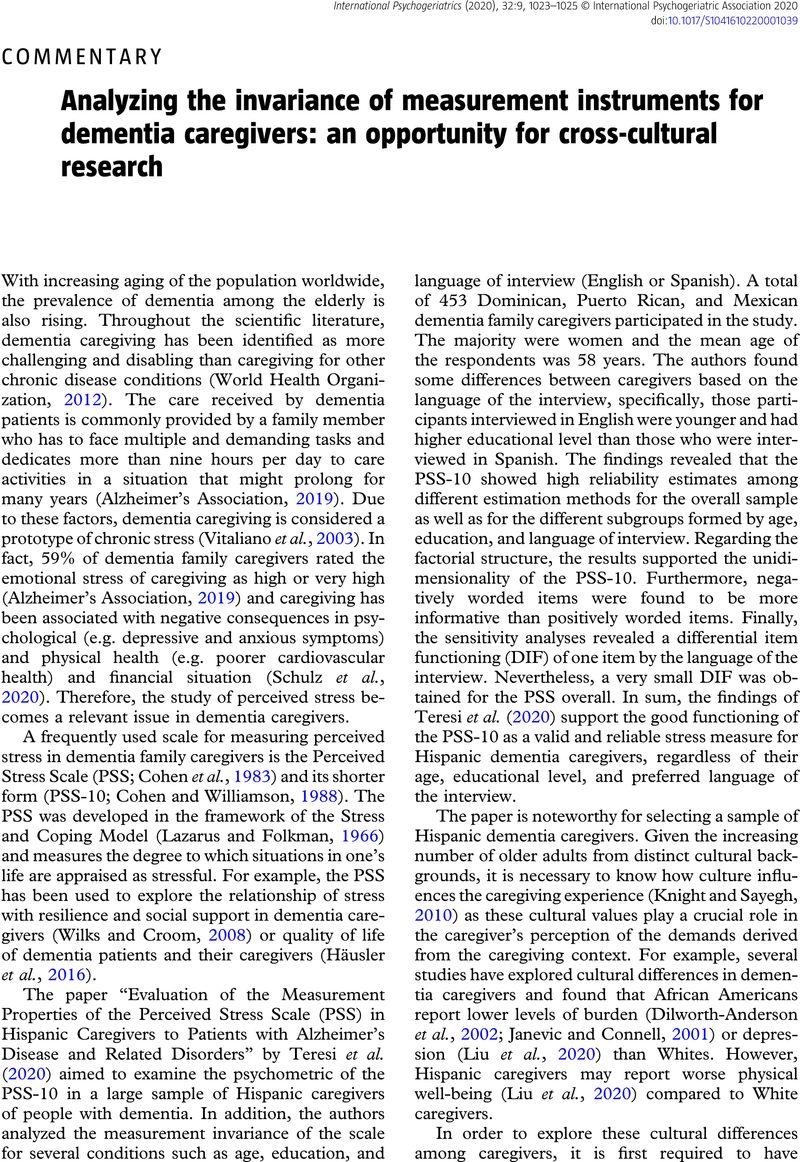Crossref Citations
This article has been cited by the following publications. This list is generated based on data provided by Crossref.
Turner, Shelbie G
Epps, Fayron
Li, Minghui
Leggett, Amanda N
Hu, Mengyao
and
Antonucci, Toni C
2023.
Validation of a Measure of Role Overload and Gains for End-of-Life Dementia Caregivers.
The Journals of Gerontology: Series B,
Vol. 78,
Issue. Supplement_1,
p.
S15.
Jiménez-Gonzalo, Lucía
and
Bermejo-Gómez, Isabel
2024.
What Has the Pandemic Taught Us About Caregiving? Mental Health in Family Caregivers of People with Dementia One Year After the Lock-Down Due to the COVID-19 Pandemic.
Journal of Alzheimer's Disease,
Vol. 100,
Issue. 2,
p.
469.



